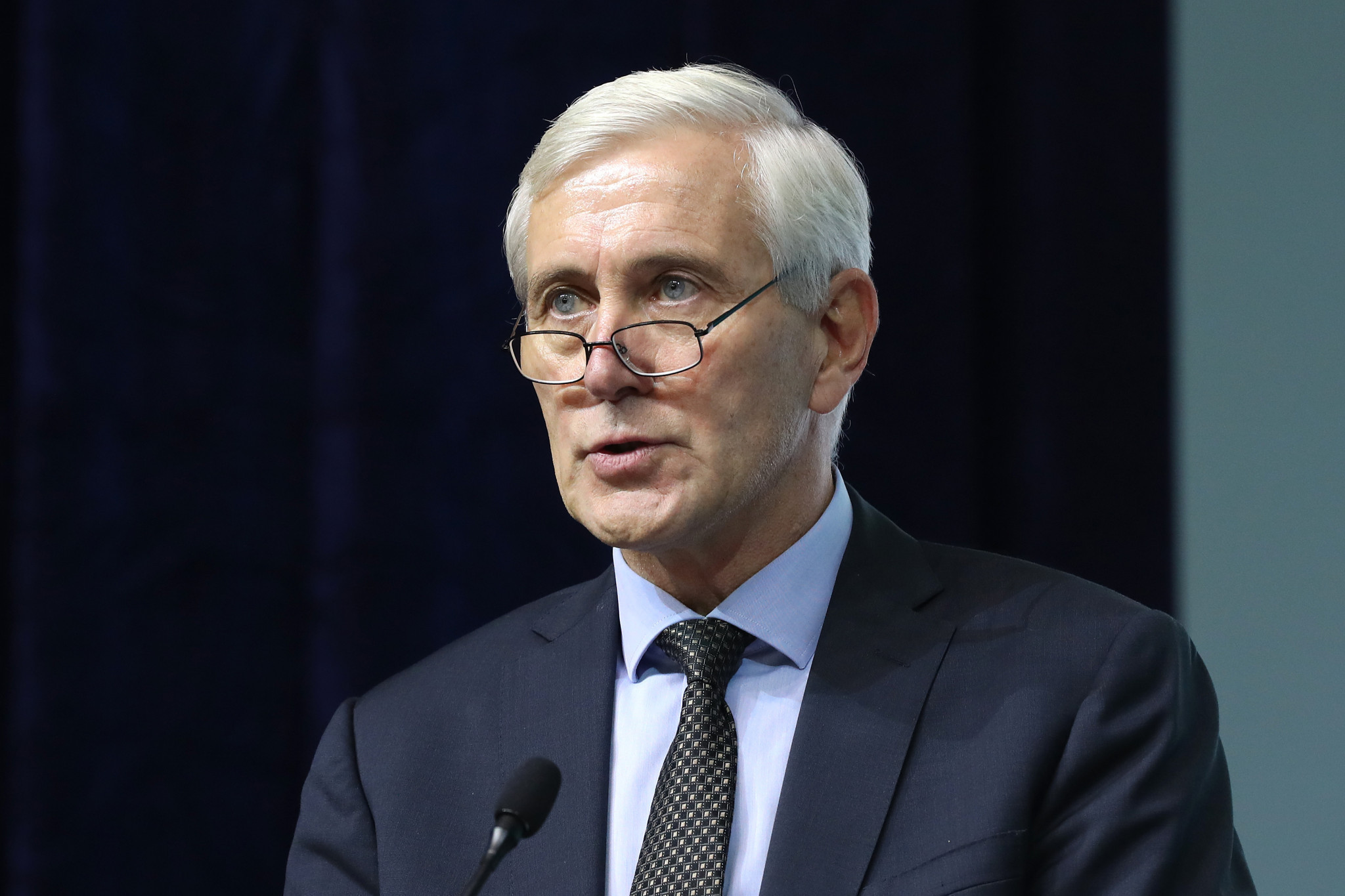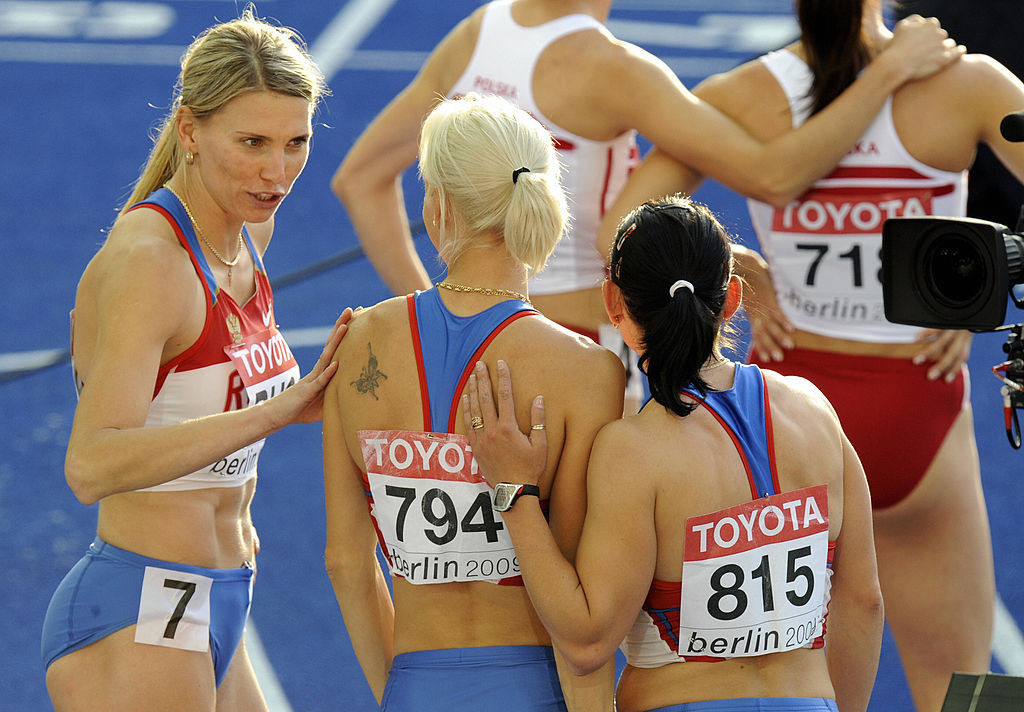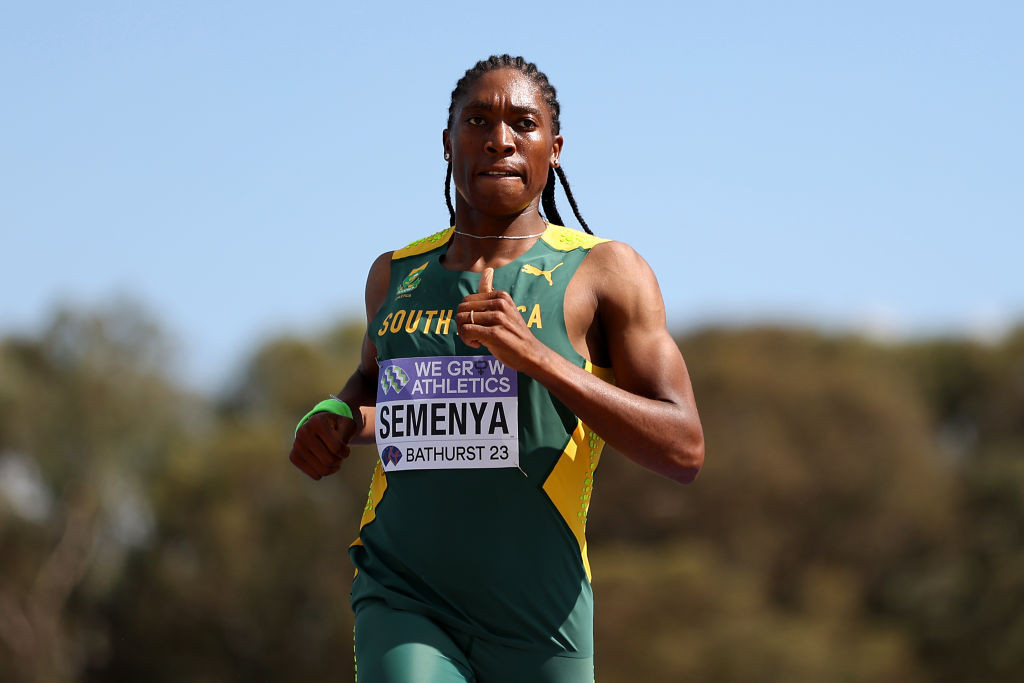Sports
24.03.2023
World Athletics bans transgender athletes, reinstates Russia but retains ban

-
Members of the discussion:
-
Last reply:
The World Athletics Council has today banned transgender athletes from women's competition, altered DSD athlete regulations, reinstated the Russian Athletics Federation (RusAF) following seven years of suspension — and retained the ban on Russian and Belarusian athletes and officials.
As well as voting to exclude transgender athletes from women's competition, the Council has reduced the allowable testosterone level for athletes with differences of sexual development (DSD) from 5nmol/litre to 2.5, a ruling that extends to all events and not just the previously restricted 400 metres to mile categories.
On the topic of transgender athletes Coe added: ""The Council has agreed to exclude male to female transgender athletes who have been through male puberty from female world ranking competitions from March the 31st this year.
The majority of those consulted stated that transgender athletes should not be competing in women's competition... they believe there is insufficient evidence that trans women do not retain advantages over biological women.
The World Athletic position on this matter now corresponds broadly with that taken up by British Athletics and British Triathlon, which have backed an "open" category for “all individuals including male, [male and female] transgender and those non-binary who were male sex at birth”, while World Aquatics voted last June to make trans women athletes ineligible to compete in elite women’s swimming and diving, saying “fairness was non-negotiable”.
World Athletics had previously proposed a possible reduction in testosterone level to DSD athletes for transgender athletes wishing to compete in women's competition, but Coe said that had been a prompt to fuller discussion, and after consultations the Council rejected the option.
A World Athletics statement said: "The Council has agreed to exclude male-to-female transgender athletes who have been through male puberty from female World Rankings competition from 31 March 2023.
World Athletics conducted a consultation period with various stakeholders in the first two months of this year, including Member Federations, the Global Athletics Coaches Academy and Athletes' Commission, the IOC as well as representative transgender and human rights groups.
It became apparent that there was little support within the sport for the option that was first presented to stakeholders, which required transgender athletes to maintain their testosterone levels below 2.5nmol/L for 24 months to be eligible to compete internationally in the female category.
In terms of DSD regulations, World Athletics has more than ten years of research and evidence of the physical advantages that these athletes bring to the female category.
However, there are currently no transgender athletes competing internationally in athletics and consequently no athletics-specific evidence of the impact these athletes would have on the fairness of female competition in athletics.
In these circumstances, the Council decided to prioritise fairness and the integrity of the female competition before inclusion.
However the Council agreed to set up a Working Group for 12 months to further consider the issue of transgender inclusion.
This Working Group will include an independent chair, up to three Council Members, two athletes from the Athletes’ Commission, a transgender athlete, three representatives of the Member Federations and representatives of the World Athletics Health and Science Department.
Its remit will be to consult specifically with transgender athletes to seek their views on competing in athletics; to review and/or commission additional research where there is currently limited research and to put forward recommendations to Council.
Coe said that despite RusAF's reinstatement that there would be no change in the ban on Russian and Belarusian athletes currently in place.
Athletes and officials for Russia and Belarus are still excluded for the foreseeable future due to the invasion of Ukraine,
Coe said.
Asked if that ban would only be reversed when Russia left Ukraine, Coe responded
That was my instinct at the last Council meeting in Rome and it remains my instinct.
Rune Andersen, head of the Task Force charged with reinstating RusAF, told a press conference after the Council meeting today
I advised Council today that the required conditions have been met.
 Rune Anderson stated that RusAF has accepted that "there shall be no backsliding" from the position ©Getty Images
Rune Anderson stated that RusAF has accepted that "there shall be no backsliding" from the position ©Getty Images
An independent audit has established that all four main markers have been attained.
RusAF has also accepted there shall be no backsliding from the new position.
Coe added there would be 35 "special conditions" in place to be reviewed over three years, intended to ensure that RusAF’s anti-doping reforms remain in place and continue to operate effectively.
The Council also agreed to establish a working group to advise and recommend to Council the conditions that would need to be met for the restrictions on Athletes and Officials from RusAF and the Belarus Athletic Federation participating at World Athletics Series Events to be lifted.
Coe said
As I noted at the time these measures were introduced last year, the unprecedented sanctions imposed on Russia and Belarus by countries and industries all over the world appear to be the only peaceful way to disrupt and disable Russia’s current intentions and restore peace.
The death and destruction we have seen in Ukraine over the past year, including the deaths of some 185 athletes, have only hardened my resolve on this matter.
The integrity of our major international competitions has already been substantially damaged by the actions of the Russian and Belarusian governments, through the hardship inflicted on Ukrainian athletes and the destruction of Ukraine’s sports systems. Russian and Belarusian athletes, many of whom have military affiliations, should not be beneficiaries of these actions.
The World Athletics stance continues to be in marked contrast with that of the International Olympic Committee, which is working to allow Russian and Belarusian competitors to take part in international competition, and the Paris 2024 Games, as neutrals.
 Russian and Belarusian athletes and officials will remain banned from World Athletics competitions despite the fact that the Russian Athletics Federation has been reinstated after a seven-year suspension following the resolution of doping queries ©Getty Images
Russian and Belarusian athletes and officials will remain banned from World Athletics competitions despite the fact that the Russian Athletics Federation has been reinstated after a seven-year suspension following the resolution of doping queries ©Getty Images
Questioned over the decision to ban transgender athletes from women's competition, Coe said: "The majority of those consulted stated that transgender athletes should not be competing in women's competition.
None of the decisions we have made in this Council have been easy.
We have taken these issues head-on rather than kicking them into the long grass.
We made the proposal because we wanted to stimulate debate.
The judgement we made is, I believe, in the best interests of our sport.
Our working group, however, is very important and we want a transgender to chair it.
We are not saying no to transgender athletes forever.
But the data we have wasn’t as robust as that we have accrued over DSD athletes.
But we are very clear that the working group will look at any furthering or changing or our understanding.
We weren’t prepared to put women’s competition in jeopardy.
It is a principled decision founded on the overarching need to protect women’s competition.
That is what we needed to do, and that is what we have done I believe.
Asked about possible legal issues as a result of the decision, Coe said:
It’s possible.
If that is the case we will do what we have and vigorously defend our position.
We will always do what we believe is in the best interests of our sport.
Asked if an open category was mooted, Coe said it had been discussed but added: "We think at this moment we have got the right approach."
 DSD athletes such as former world and Olympic 800m champion Caster Semenya will be required to have testosterone levels reduced from 5 to 2.5 ©Getty Images
DSD athletes such as former world and Olympic 800m champion Caster Semenya will be required to have testosterone levels reduced from 5 to 2.5 ©Getty Images
On the subject of the changes in DSD athlete regulations, the statement said:
For DSD athletes, the new regulations will require any relevant athletes to reduce their testosterone levels below a limit of 2.5 nmol/L for a minimum of 24 months to compete internationally in the female category in any event, not just the events that were restricted (400m to one mile) under the previous regulations.
The principle of restricted events has been removed from the regulations.
Interim provisions will be introduced for those relevant athletes who are already competing in what were the unrestricted events (distances below 400m and above one mile, plus field events).
These provisions include a requirement to suppress their testosterone levels below 2.5nmol/L for a minimum of six months, before they are eligible to compete again.
The six months period is consistent with the previous regulations, which required six months of testosterone suppression (below 5nmol/L) for DSD athletes to compete in the restricted events.
The interim provisions do not apply to the previously restricted events (400m to one mile) where two years of testosterone suppression will be required before the relevant athlete is eligible to compete.
These regulations will come into effect on 31 March 2023.
©Getty Images
Discussion
More on the topic
More on the topic
